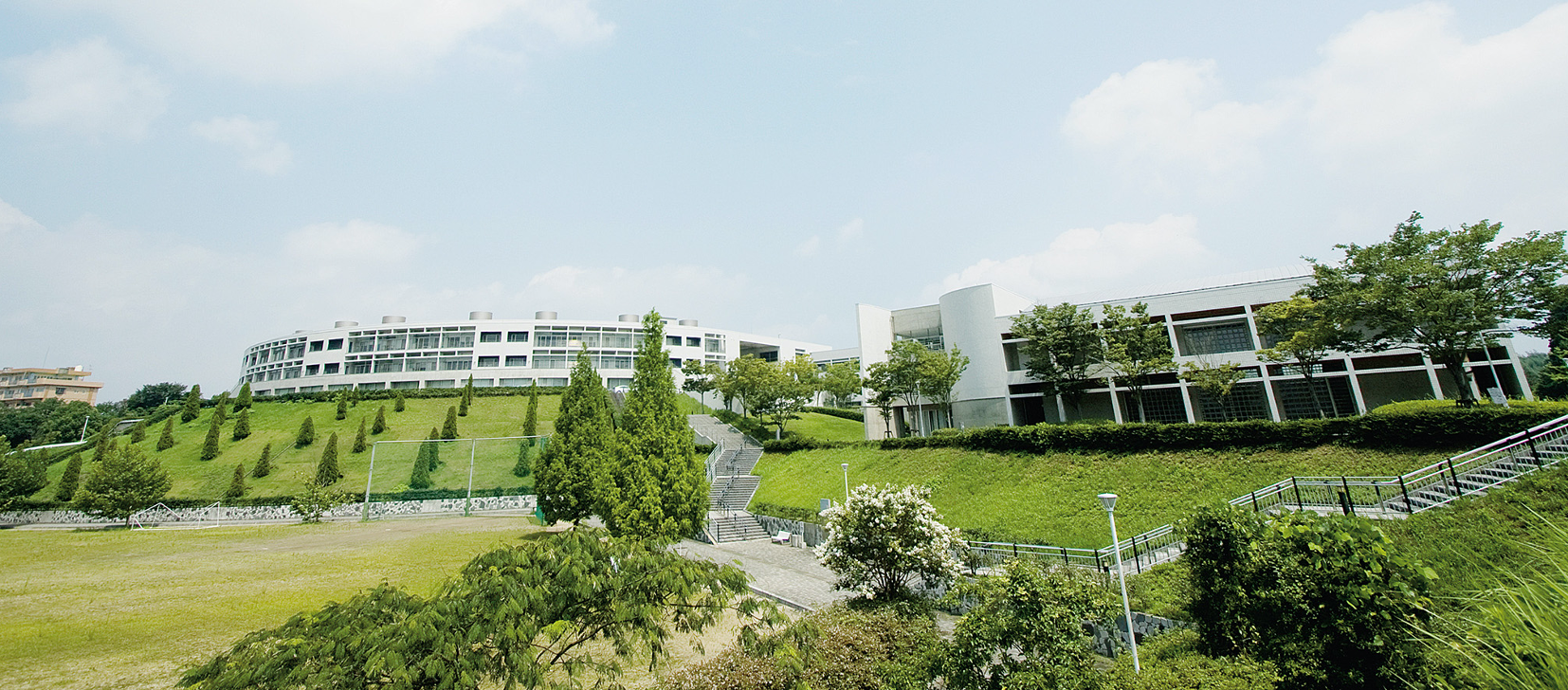The Public Health Nurse Master's Course
Public Health Nursing Education in Japan
Public health nursing is an independent nursing occupation in Japan. All public health nurses (PHNs) are educated as nurses and public health nurses and have licensure as a registered nurse and separate licensure as a PHN. The minimum length of education and training required to receive licensure in Japan is three years for nurses and one year for PHNs. There are various PHN educational programs in Japan, such as graduate school Master’s courses; undergraduate courses; junior college non-degree courses; four-year special training college courses for nurses and PHNs; and one-year PHN schools. Our faculty believes that PHNs should be educated and trained at the graduate level to improve the quality of their practice, so OUNHS was the first school in Japan to establish a Master’s degree PHN course in 2011.
Characteristics of Our Course
The major characteristic of our course is that we educate PHN students exclusively in our graduate school Master’s program. Public health nurses must be able to explore and prevent the health problems facing our society now, and they are required to have the ability to confront unknown health and societal threats in the future. OUNHS is a partner in the health prevention efforts of the local community, and we are educating and training autonomous PHNs with advanced practical and decision-making skills.
We train our students to possess the following abilities: 1) To diagnose individuals, families and communities from a health perspective and to extract and share data on actual and potential health problems; 2) To enhance the self-care ability of individuals, families and communities and to support them to improve their QOL; 3) To possess management skills and leadership ability to improve the health level of the community; 4) To develop and utilize health care and welfare systems and social capital; 5) To formulate and carry out health policies; 6) To have the research and development capabilities necessary to contribute to the development of public health; and 7) To have the capacity for ethical judgment and decision-making.
Course Curriculum
Our curriculum integrates lectures with clinical practice and laboratory skills training. Students develop solid practical skills during clinical practice. The Community Life Support Practicum fosters the ability to support individuals and families; the Community Management Practicum fosters the ability to carry out regional diagnostic and developmental activities; and the Public Health Field Work Practicum fosters the ability to conduct community nursing management, formulate policy and conduct research.
After Graduation and Licensure
Our PHN graduates practicing in the government sector are leaders of health policy in health departments in cities, towns and villages, and in the national and prefectural governments. Those practicing in the industrial sector conduct health management for workers and their families, and those in schools manage the health care of students. After several years of practical experience, graduates often become researchers in research institutes and faculty members in colleges and universities.

